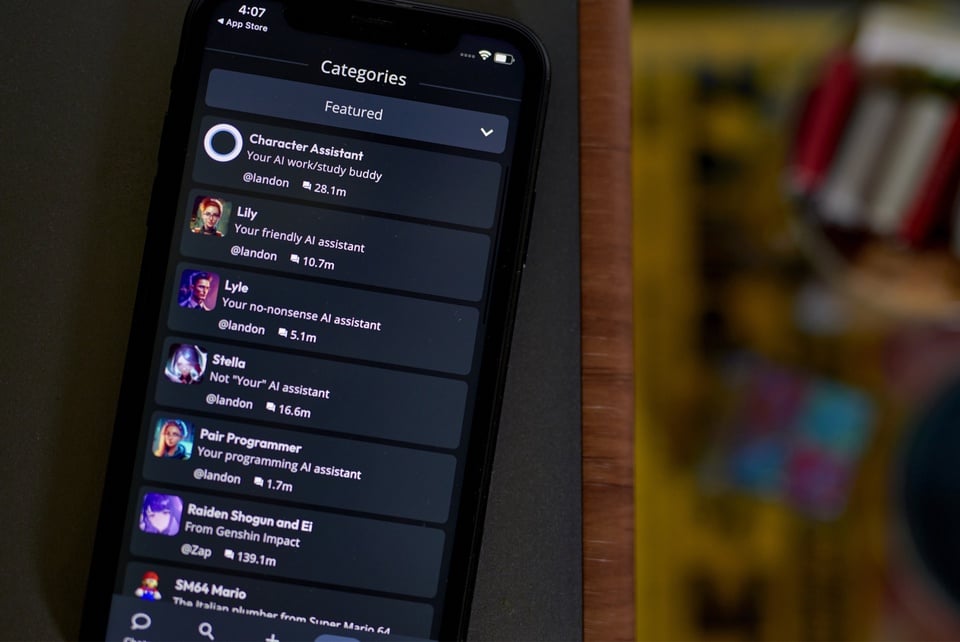 |
Character.ai's interface. Photo: Bloomberg . |
Witnessing two friends arguing, James Johnson-Byrne (16 years old, living in Philadelphia, USA) did not know what to do. He decided to ask AI chatbot for advice.
The software advised Johnson-Byrne to separate the two friends. He did so and the problem was resolved immediately, but admitted they now “don’t talk much”.
Johnson-Byrne's case shows that AI chatbots are good at solving short-term challenges, but still “fail to find the deeper problems.”
According to CNN , what impressed the 16-year-old boy was the way the chatbot always seemed to agree and say what he wanted to hear. Therefore, Johnson-Byrne often mistook the chatbot for a real-life friend.
Chatbots are not your friends
Many teens feel similarly to Johnson-Byrne, according to research by the nonprofit Common Sense Media .
Specifically, a survey of more than 1,000 people aged 13-17 showed that 72% use AI chatbots as “companions”. Of these, more than 50% use them regularly, and 33% use them to build relationships and social interactions.
Furthermore, 31% said conversations with AI were as satisfying (or even more so) than interacting with a real person. 33% of respondents even discussed important issues with AI instead of another person.
This is a worrying result because teenagers are at a “sensitive age for social development,” according to Michael Robb, lead researcher at Common Sense Media .
“We don’t want children to feel like they need to confide in or seek out AI companions instead of friends, parents, or qualified professionals, especially when they need help with important issues,” Robb stressed.
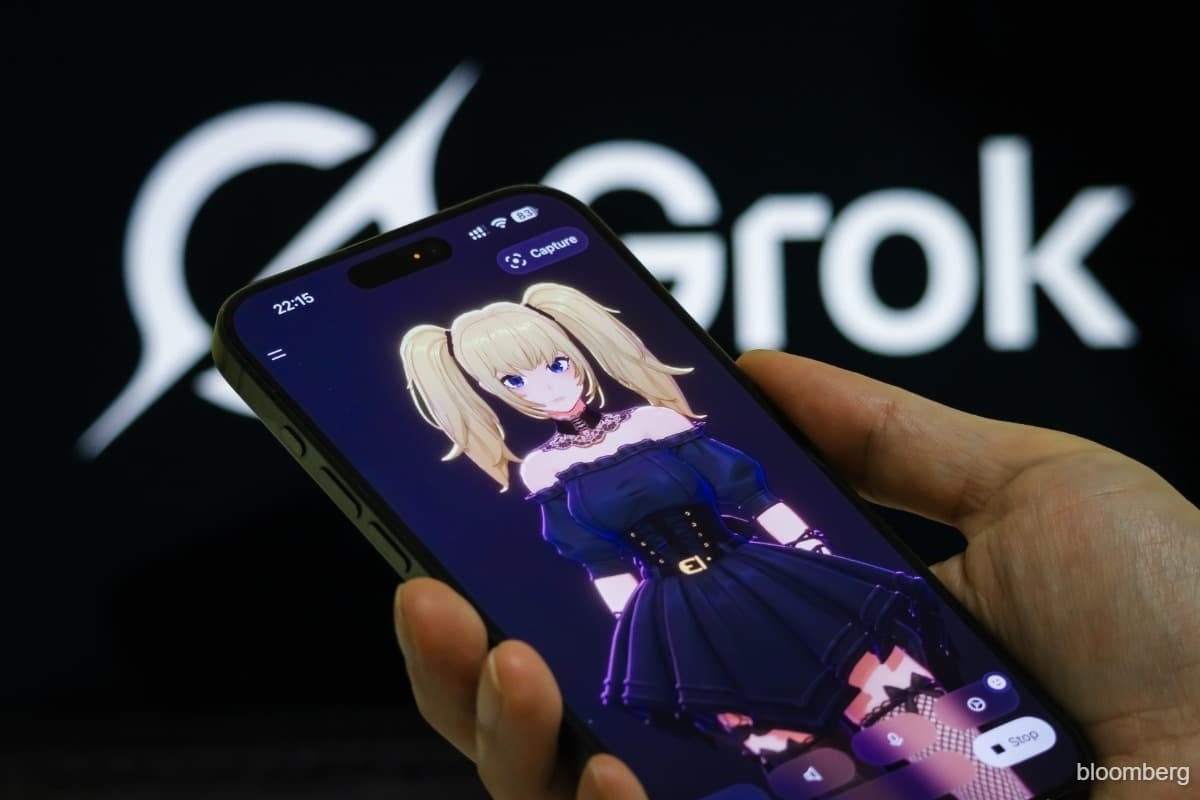 |
Grok's newly launched "virtual girlfriend" feature. Photo: Bloomberg . |
Furthermore, AI companions cannot represent healthy human-to-human relationships, not to mention that chatbots tend to “flatter” to please users.
“In the real world , there are many social cues that children must interpret, become familiar with, and learn to respond to...
“They want to please you, so they don’t cause as much trouble as real people do,” Robb says. That means that when they have trouble interacting in real life, children may lack the social skills.
Next, AI companions also seem realistic, helping children temporarily feel less lonely when interacting with them. However, it can cause a decrease in human connection, making them lonely in the long run.
“Interacting with the characters on our website is interactive and entertaining, but it's important for users to remember that these characters are not real people,” said Chelsea Harrison, Communications Director at Character.AI, an AI companion app.
Another worrying figure is that 24% of teens have shared personal information with an AI companion. According to the researcher, they may not realize that they are sharing data with companies, not friends.
“You’re often giving these companies very broad, permanent access to personal information, which they can use as they see fit. Companies can edit it, store it, display it, or put it into other things,” Robb stressed.
Solutions for parents
Parents can protect their children through a number of solutions, such as discussing chatbots “without judgment,” the study suggests, and it helps to understand why the tool appeals to children before delving into the issue.
Next, parents need to explain that AI companions are programmed with kindness and acceptance in mind. That’s not how all real-life relationships work.
“These conversations can help kids learn to think about AI broadly, in a healthy way,” Robb said.
Parents can also encourage their children to meet friends and people in real life. This increases connection, eye contact, and some emotions that can only happen between people.
“Our crush walks into class. The teacher says crazy things. You make eye contact with your best friend. These nuances offer lessons in intimate communication, creating a level of joy and happiness that an AI robot could never provide,” said Justine Carino, a psychotherapist in New York.
 |
A workshop on how to use ChatGPT. Photo: New York Times . |
With AI chatbots mimicking friends, the best thing parents can do is “keep their kids away from them,” Robb advises.
In Common Sense Media 's test, AI showed kids inappropriate content, gave biased responses, and sometimes gave dangerous advice.
If your child is using an AI companion, it is important to look out for signs of unhealthy behavior. If your child prefers interacting with AI instead of humans, spends hours with the chatbot, becomes irritable when not in use, or withdraws from family and previous interests, these are signs to watch out for.
Robb believes that parents also need to “set an example” for their children about how to build a healthy relationship with technology.
“Show your child balance in their technology use. Have open conversations about how you handle your own emotions without relying solely on digital solutions,” Robb stressed.
Source: https://znews.vn/nhieu-tre-em-coi-ai-la-ban-than-post1570055.html









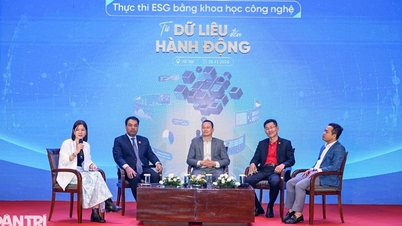

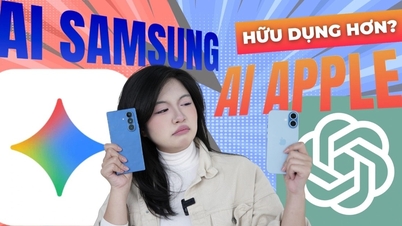









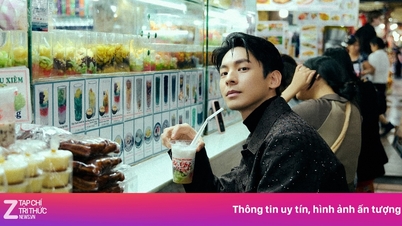













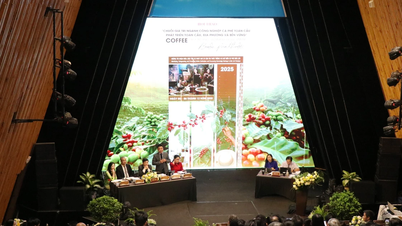
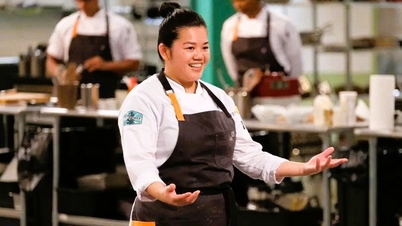








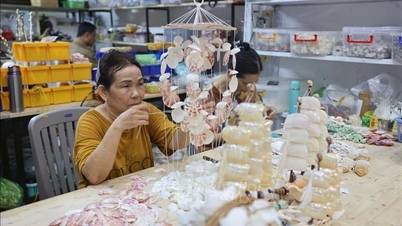
































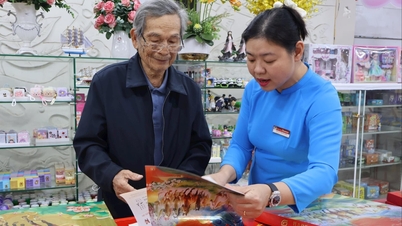























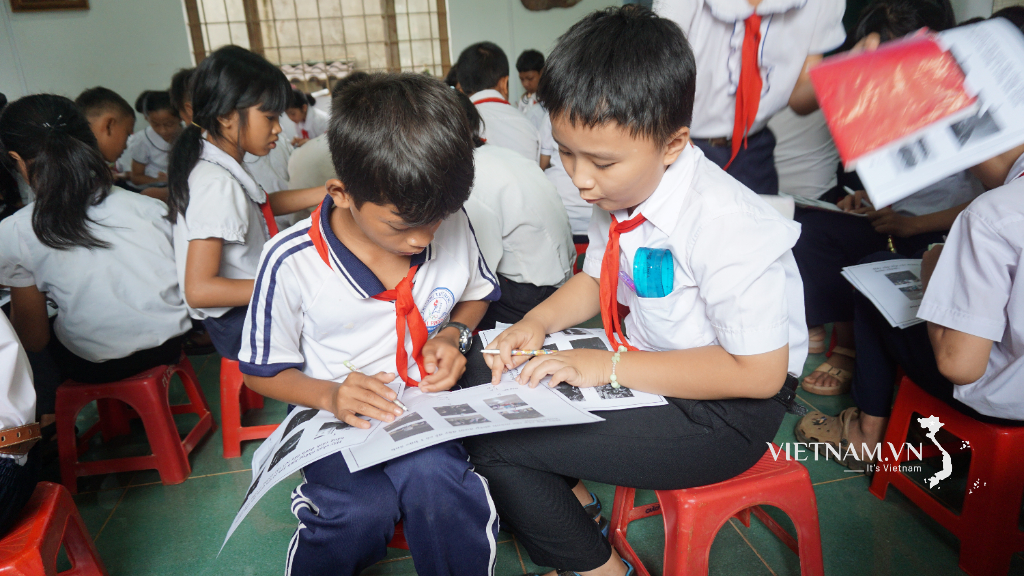





Comment (0)